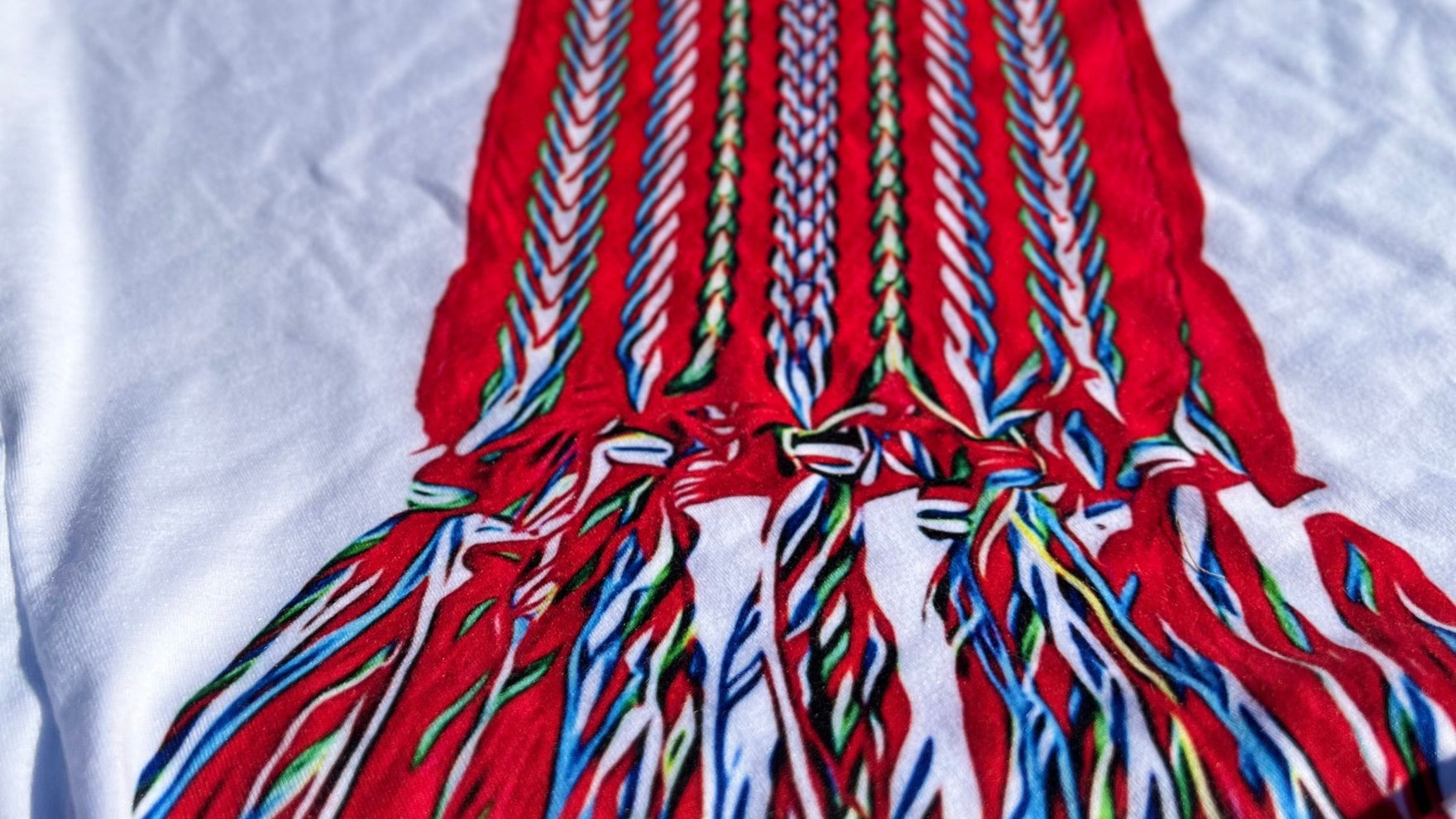As Canada celebrates its diverse cultures and languages, one of its oldest tongues is often overlooked. That language is Michif, the official language of the Métis Nation that was formed in the 1700s by French-Canadian fur traders and Cree Indigenous peoples. It has since become a unique language with a fascinating history and an exciting future. Let’s take a look at what makes Michif so special.
Michif Evolution
Michif is a combination of French and Cree vocabulary with French grammar. These two distinct languages were blended together to create something entirely new – something that neither culture had ever seen before. This process of combining elements from two different languages is known as creolization, which resulted in a hybrid tongue that could be understood by both groups.
This creolization was especially important for the Métis people because it allowed them to communicate between their two distinct cultures without having to learn each other’s languages completely. The development of Michif made it easier for the Métis people to maintain their unique identity even when interacting with members of either community.
Preserving Michif
Throughout history, there have been many attempts to preserve this unique language, but it has been difficult due to the lack of resources available for Michif speakers. In recent years, there has been an effort to revitalize the language by introducing more educational materials and opportunities for students to learn it in school. There are also online dictionaries and audio recordings that can help anyone interested in learning more about this fascinating language.
Michif is a complex blend of French and Cree spoken primarily throughout Canada’s prairie provinces. It is an incredibly unique language that embodies centuries-old traditions within the Métis Nation as well as two distinct cultures coming together for shared understanding. Even though this tongue has not always been given much attention or support, there are now more efforts than ever before being put into place to ensure that this beautiful language doesn't fade away with time. With any luck, we will soon see Michif being used more widely within Canada's culture.
An Introduction to Michif: Canada's Unique Language

